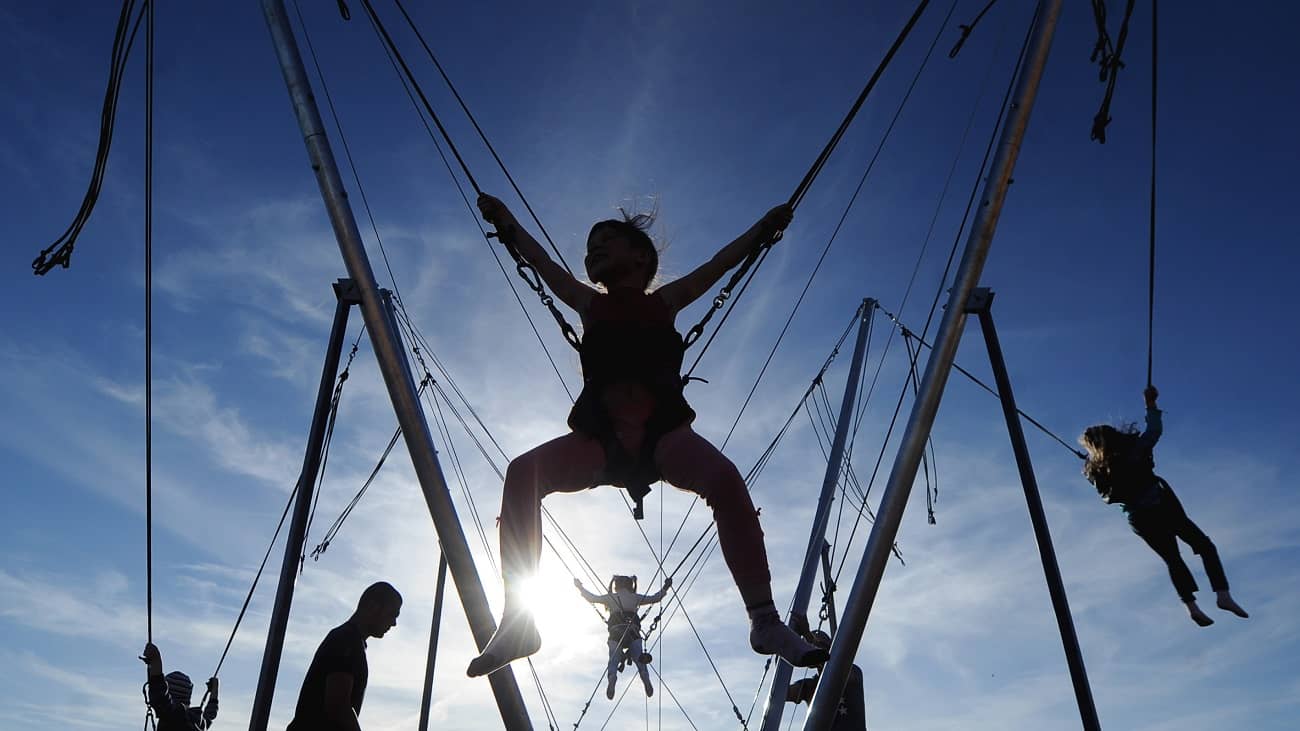When you’re tuckered out from a long day using Costa Rican slang at every conceivable opportunity, how do you announce you’re ready for bed? With a little local color, of course. So when my husband needed our four-year-old daughter to hit the hay the other night, he said to her, “OK – a planchar la oreja.”
Planchar is “to flatten” or “to iron.” When you’re off to “flatten your ear,” it means you’re ready to put your head down on your pillow. It’s my favorite expression for going to bed, followed closely by “voy pa’l sobre.” A sobre is an envelope, and the expression conjures up the cozy feeling of slipping between tightly tucked sheets; I love the mental image of someone slipping into an envelope and snuggling up to sleep.
Our daughter burst into tears and grabbed her ears in a true panic. “But I don’t want to iron my ears!” she sobbed, inconsolable for several minutes until we demonstrated the meaning of the dicho. We finally managed to lead her off to bed, a little dubious and significantly confused. I’ll bet she kept one eye half-open for a while to make sure we weren’t up to any funny business.
The whole thing made me laugh, although I was slightly disturbed that she would so easily believe we were planning to apply a hot iron to her head. It also made me reflect on what it’s like to navigate a language as a child.
Remember when Ramona, the heroine of Beverly Cleary’s wonderful children’s books, thought that the “Star Spangled Banner” lyric “the dawn’s early light” was actually “the dawnzer lee light” and referred to a special kind of lamp? When I was little, I once giggled endlessly when my brother said he was going to “change into some dry clothes,” because I thought he was going to utter a magic spell and transform into a pile of neatly folded shirts.
As I watched my daughter’s ear-flattening trauma and gradual realization, I realized that in Spanish, this is still happening for me. That’s one of the often-overlooked benefits of learning another language as an adult. Sure, it keeps us sharp, improves our memory, makes us more tolerant, clears up acne or whatever else the latest study is showing – but it also keeps us young. We wonder, stumble and laugh our way through a second language, and it makes our lives richer every day.
To name just one of the zillions of examples I could cite from my past couple decades learning Spanish: I always thought that the popular children’s song “Patito, patito,” was about a duck who had lost a leg and hops all over the place trying to find it: -Tu pata la vi. -¿En donde, por Dios? -Echada en un nido muy lejos de aquí. My mental picture of the one-legged duck was just as clear as Ramona’s image of the dawnzer.
Only recently did I realize, when I described this out loud in front of a highly amused Costa Rican friend, that the duck is actually looking for his wife. “Patita” is the same word for both – a pata is a female duck but is also the word for an animal’s leg – but it’s obvious to any native speaker, and probably to most logical non-native speakers, that he’s looking for his mate, not an amputated limb.
(Mind you, the duck-wife is apparently cheating on him with another duck, which makes for a somewhat strange children’s song, but that’s a topic for another column.)
I love all of this. I giggle and gasp as I discover these misunderstandings, or when I hear phrases that are normal to Spanish speakers but sound funny to me. Life would be less interesting without them, and they ensure that the confusion and wonder my daughter encounters as she moves forward into the world are a part of my daily experience, too.
Do you agree? What’s your latest equivalent – in Spanish or any other language – of my daughters planchado, Ramona’s dawnzer or my patita? Is it keeping you wrinkle-free, or maybe adding some cherished laugh lines on your face, which is just as good? Let me know!
Recommended: What Costa Rica taught me about motherhood, whether I like it or not
Read previous Maeology columns here.
Article written by Katherine Stanley Obando






